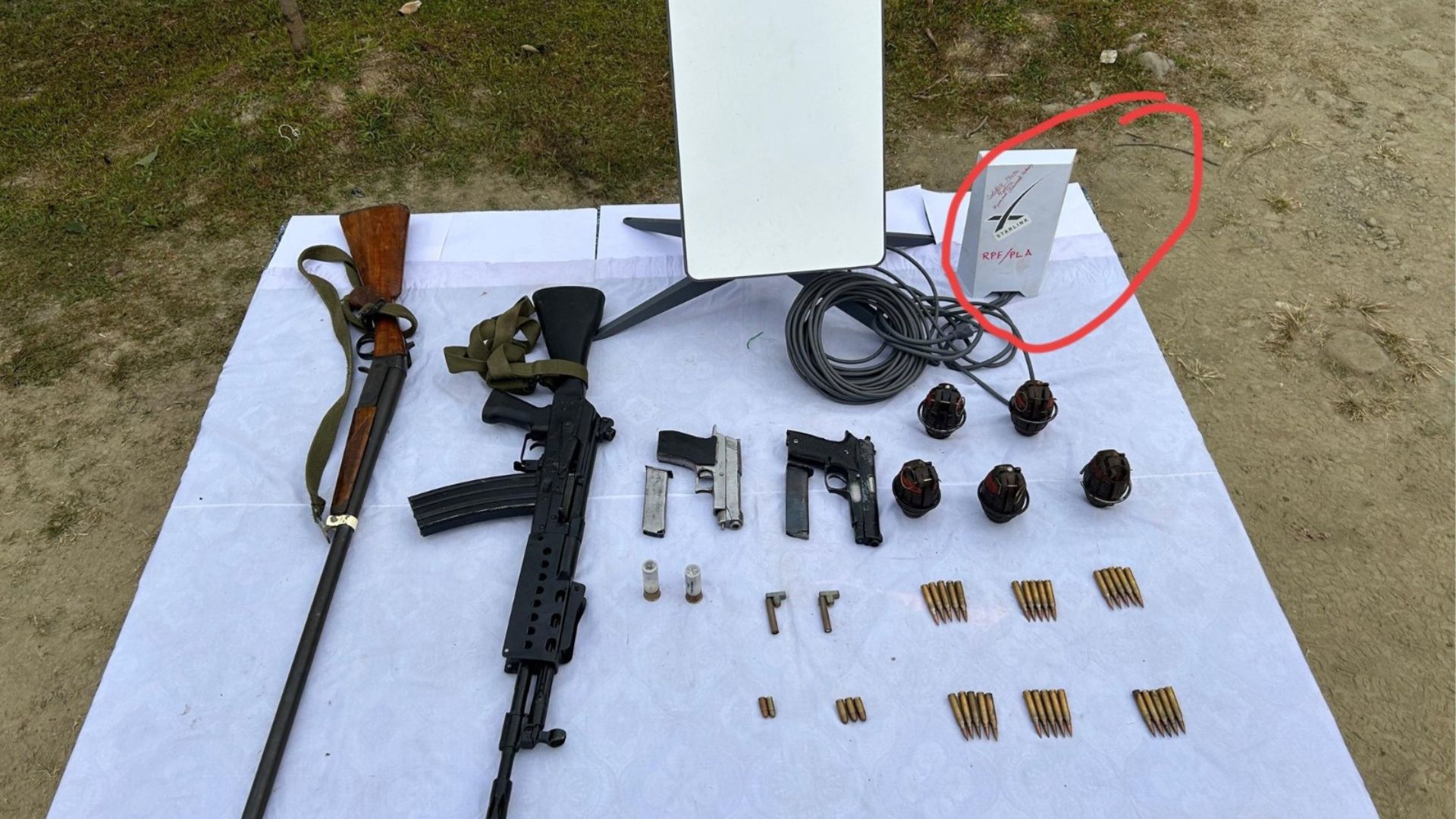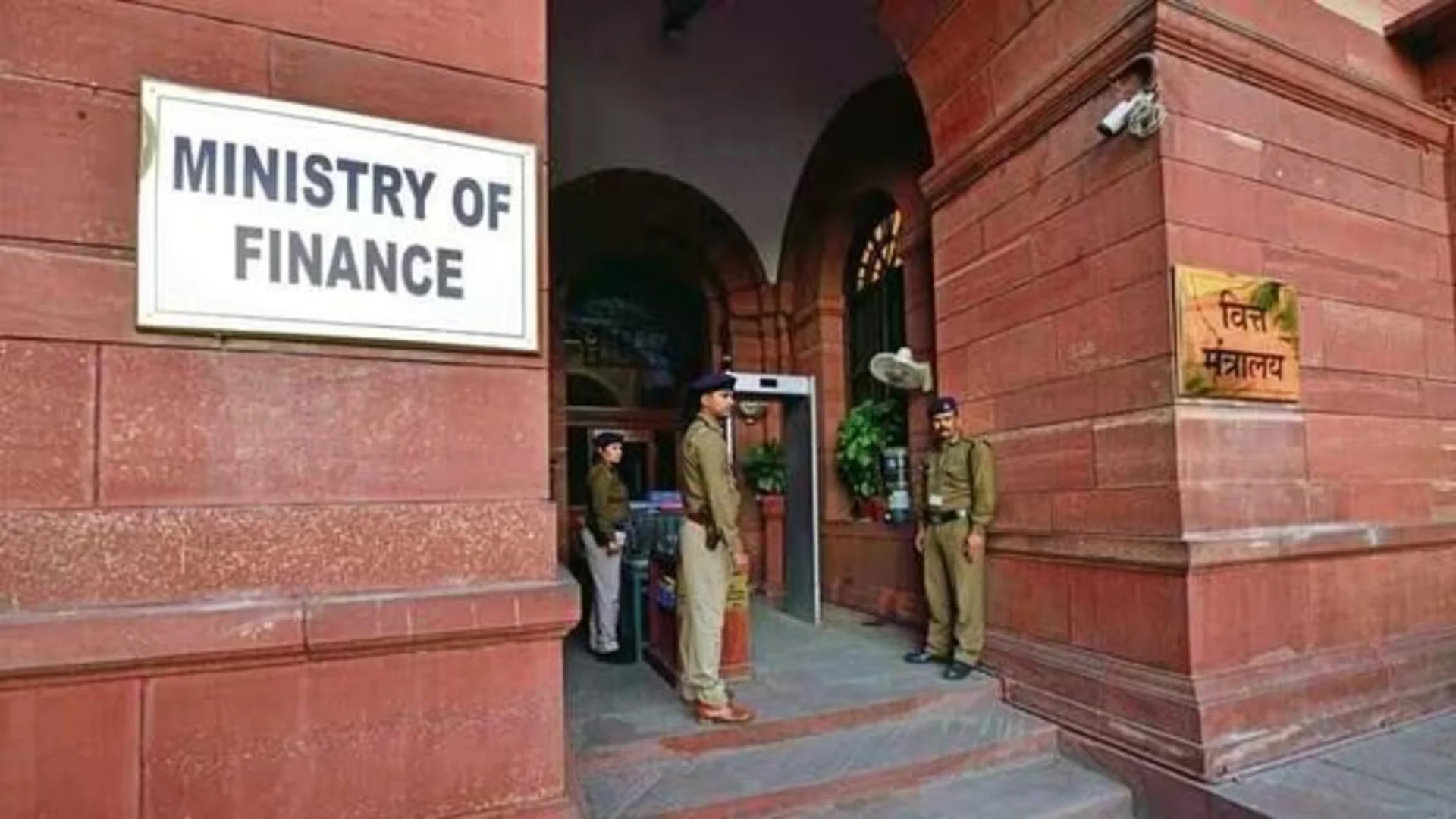
In 2019, the Italian town of Sambuca di Sicilia made headlines worldwide with a bold and unique real estate offer. The town auctioned off abandoned townhouses at an incredibly low price – just $1 (approx. Rs 85) each – to attract new residents and revive its dwindling population. The offer proved to be a massive success, and since then, Sambuca has continued its auction initiative, increasing the minimum bid to $2 in 2021 and $3 in 2024.
This groundbreaking move not only revitalised the town but also inspired other regions in Italy to adopt similar strategies to combat population decline and stimulate local economies.
Sambuca’s success prompted two other Italian towns – Mussomeli in Sicily and Zungoli in Campania – to adopt similar auctions for their abandoned properties. These towns, like Sambuca, had witnessed significant emigration as residents moved elsewhere in search of better opportunities. The $1 home initiative was designed to breathe new life into these forgotten areas, repopulating the deserted districts with both Italians and foreigners. Bivona, another Sicilian town, introduced a tax incentive for buyers willing to invest a bit more in renovating dilapidated homes, further popularising the trend.
Initially, many were skeptical about the feasibility of buying a house for $1. Alexandra Stubbs from the U.S. was one such person. After hearing about the offers from a friend, she initially questioned how it could work. However, her curiosity led her to research further, and she eventually purchased two homes in Italy herself. Despite their dilapidated appearance, these homes are structurally sound, often featuring charming details such as wrought-iron balconies and courtyards. The mayor of Sambuca, Giuseppe Cacioppo, reassured potential buyers, confirming that the properties are not in derelict condition but are still in need of renovation.
Though the homes are offered at a low price, there are strict conditions attached. Winning bidders are required to pay a deposit of $5,399 (approx. Rs 4.5 lakh), which will be refunded if their bid is unsuccessful. The real challenge, however, is the renovation requirement. Buyers must bring the properties up to EU standards within three years, or they will forfeit their deposit. While the renovation process can be arduous, with some buyers investing significant sums to transform their homes, the rewards are tangible. For example, Meredith Tabbone, a financial advisor from Chicago, invested Rs 3.8 crore to renovate two properties in Italy, a task she had never previously undertaken.
The $1 house initiative has brought significant economic benefits to these small Italian towns. In Sambuca di Sicilia alone, the town has attracted international buyers from as far as the Middle East, resulting in nearly $21.8 million (Rs 185 crore) in foreign investment. The initiative has not only rejuvenated the local housing market but also created jobs and fostered a renewed sense of community, helping to restore the town’s vibrancy.
In conclusion, the $1 house offer has proven to be a successful strategy for combating population decline and revitalising the economies of small, struggling towns in Italy. With continued international interest and the potential for more towns to follow suit, the initiative could serve as a model for other regions facing similar challenges.















